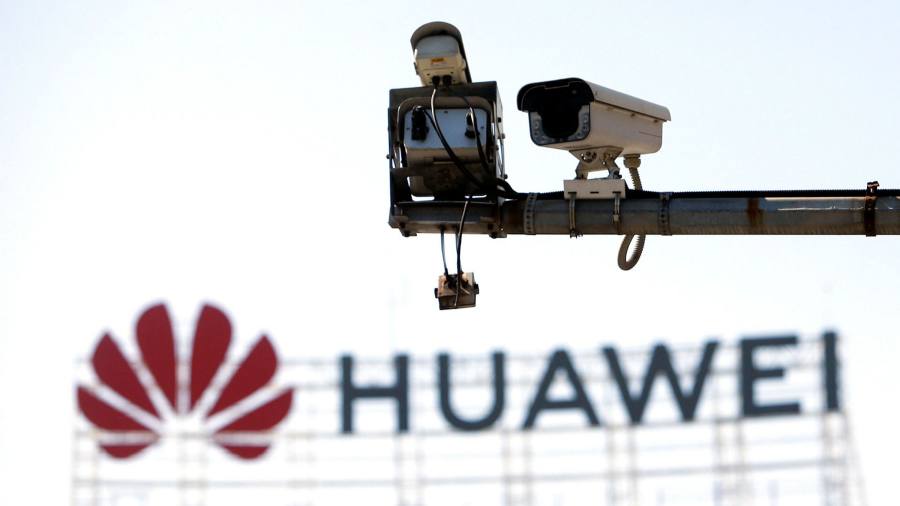
Developing countries sign Huawei deals despite US espionage warnings
US warnings of espionage by Huawei are failing to dissuade governments in Africa, Asia and Latin America from hiring the Chinese tech group for cloud infrastructure and e-government services, a study has found.
The report by the Washington-based think-tank CSIS seen by the Financial Times identified 70 deals in 41 countries between Huawei and governments or state-owned enterprises for these services from 2006 to April this year.
Cloud infrastructure usually refers to the installation of data centres, while e-government mainly involves automating administrative functions such as licensing, healthcare, legal records and other government processes.
“Huawei’s cloud infrastructure and e-government services are handling sensitive data on citizens’ health, taxes, and legal records,” according to the study.
“As Huawei carves out a niche as a provider to governments and state-owned enterprises, it is building a strategic position that could provide Chinese authorities with valuable intelligence and even coercive leverage,” added the study.
Most of the countries involved in such deals with Huawei were in sub-Saharan Africa, Asia and Latin America, and 77 per cent of them fell into the categories of “not free” or “partly free”, as rated by Freedom House, a US government-funded democracy watchdog group.
“With a surge in deals announced since 2018, including several announcements during 2020, it is clear that warnings against Huawei’s security risks are not persuading decision makers in developing countries,” the CSIS report, authored by Jonathan Hillman and Maesea McCalpin, said.
“As a cloud infrastructure and service provider, Huawei doesn’t own or control any customer data,” Huawei said in a statement.
“All customer data is owned and fully controlled by our customers.”
“Cyber security and user privacy protection remain Huawei’s top priorities,” the company added.
The US has repeatedly accused Huawei of spying for the Chinese government, sometimes by exploiting telecoms “back doors” in its equipment. Washington has also placed Huawei and many of its affiliates on an “entity list”, restricting the sale of critical technologies such as semiconductors to the company.
China has repeatedly dismissed these allegations as groundless and accused the US of an “abuse of national power” in imposing sanctions against Huawei. The Chinese champion, which is the world’s largest telecommunications equipment maker, has had to cut back smartphone production because of supply shortages.
The CSIS report cited several examples of security shortfalls associated with Huawei cloud infrastructure and e-government services. A 65-page report funded by the Australian government found that a data centre built by Huawei for Papua New Guinea contained glaring errors that would have made the facility vulnerable to hacks.
Huawei also won a contract to install communications equipment inside the headquarters of the African Union building in Addis Ababa in 2012. African Union officials subsequently accused China of hacking the building’s computer systems every night for five years and downloading confidential data.
Daily newsletter

#techFT brings you news, comment and analysis on the big companies, technologies and issues shaping this fastest moving of sectors from specialists based around the world. Click here to get #techFT in your inbox.
Stay connected with us on social media platform for instant update click here to join our Twitter, & Facebook
We are now on Telegram. Click here to join our channel (@TechiUpdate) and stay updated with the latest Technology headlines.
For all the latest Education News Click Here
For the latest news and updates, follow us on Google News.

